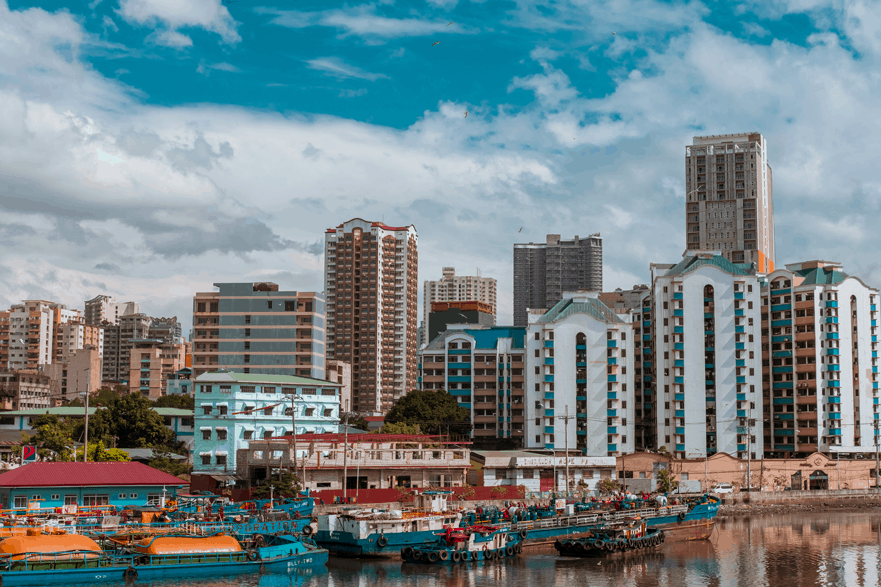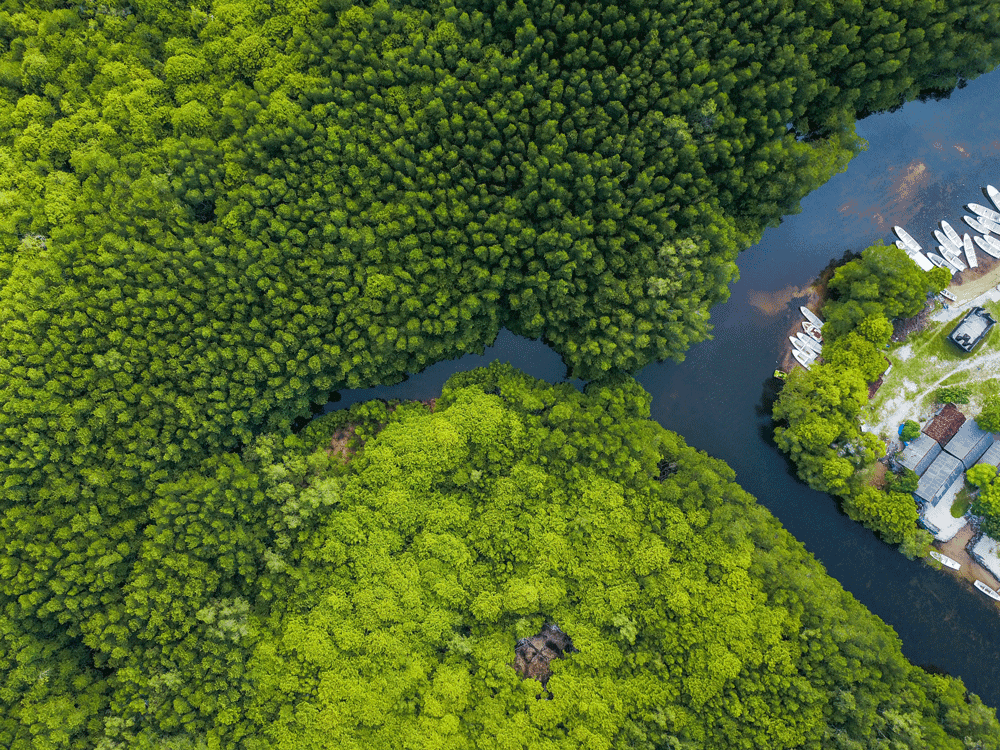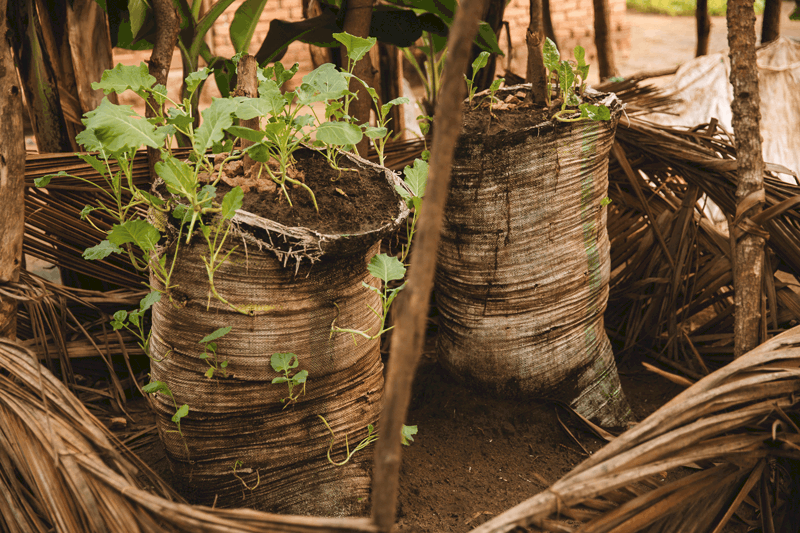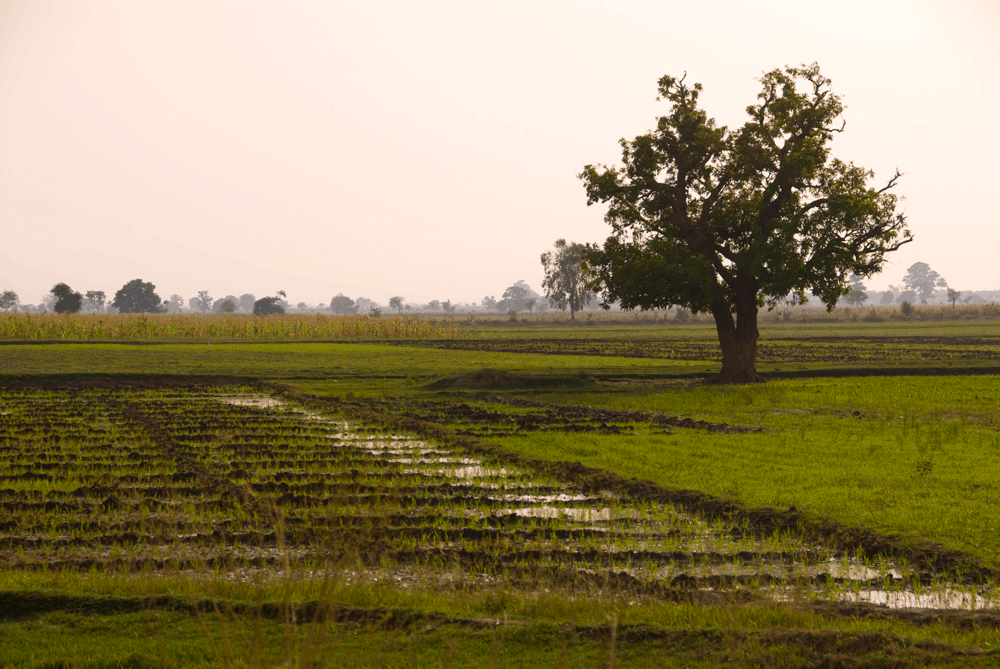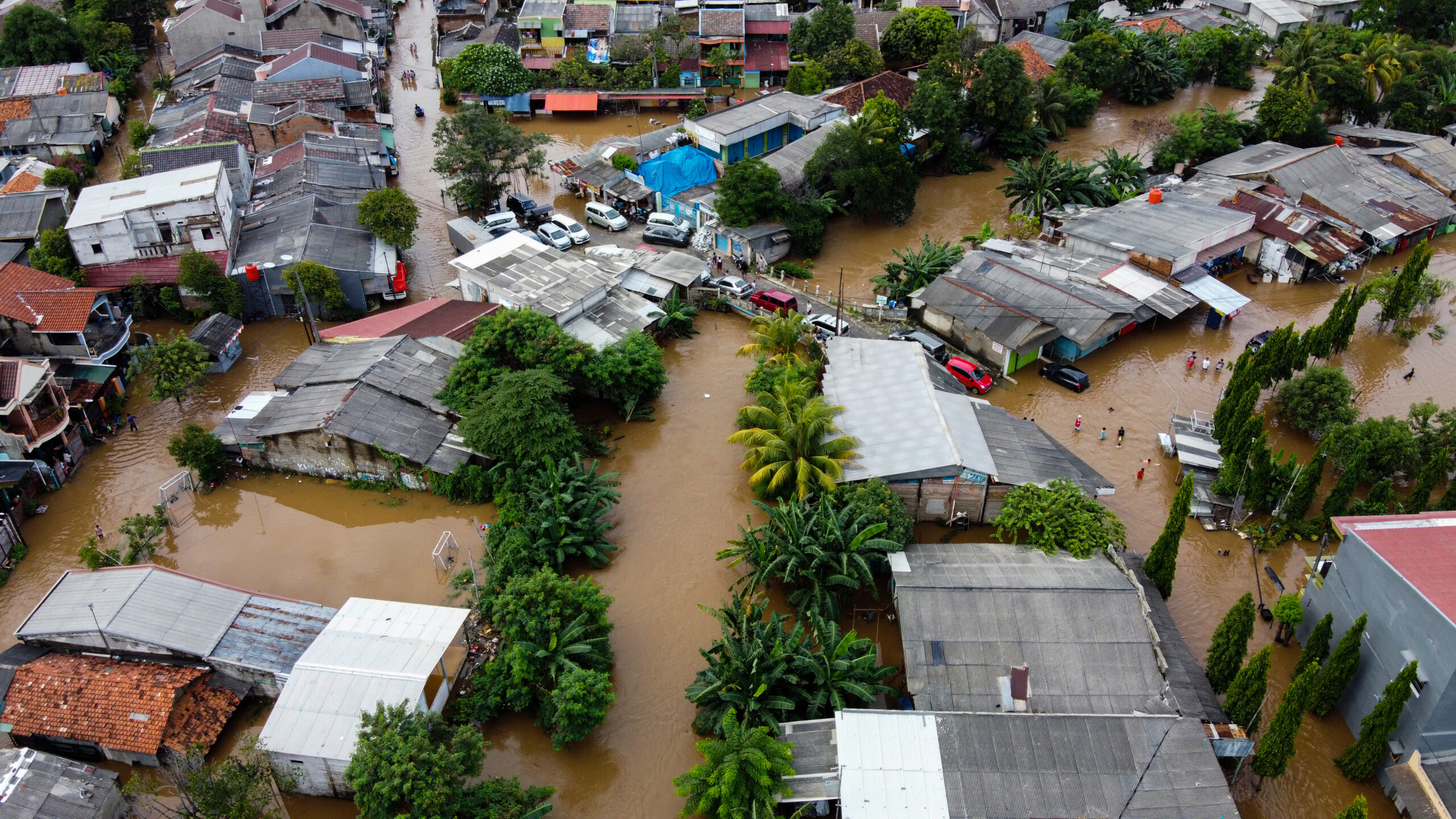LONDON – The Global Innovation Lab for Climate Finance, an investor-led initiative that identifies, develops, and launches promising solutions to drive critical investment to action on climate change in developing countries, has selected its top six ideas for 2019.
At a time when large-scale action on climate change is more urgent than ever before, the Lab has become a leader in accelerating investment where it is needed most. Each year, Lab ideas represent the latest and greatest in sustainable investment. The 35 businesses that have gone through the Lab’s previous cycles have mobilized over $1.4 billion since 2015.
Lab Members, who include over 60 institutions in government, development finance, philanthropy, and the private sector, chose the six new ideas out of a highly competitive shortlist of 12 finalists, narrowed from a record high number of 250 proposals submitted by leading development finance institutions, global NGOs, and entrepreneurs. The new ideas target four areas where accelerated investment for climate adaptation and mitigation is urgent: sustainable cities, energy access, blue carbon in coastal & marine ecosystems, and sustainable agriculture for smallholder farmers in West & Central Africa.
LAB WINNERS:
SUSTAINABLE CITIES
Cooling as a Service aims to decrease energy consumption and potent greenhouse HFC gas emissions from cooling systems in cities around the world, by increasing competitiveness of state-of-the-art technologies. The model uses an innovative pay-per-service model, with integrated financial tools to recapitalize technology providers who own, maintain, and operate the equipment, thus aligning incentives to support climate change mitigation and the circular economy.
Thomas Motmans, Sustainable Energy Finance Specialist for BASE and proponent of Cooling as a Service, says, “We are hoping to scale up a financial strategy for cleaner and more efficient cooling systems, to support the goals of the Kigali amendment to the Montreal Protocol. The global market for replication of our model is immense and we are excited about what comes next.”
The Breathe Better Bond aims to drive finance at scale for reducing urban air pollution in emerging market cities. It is a debt instrument for local governments to finance air pollution reduction projects that will result in significant future savings, for example through reduced healthcare costs and higher GDP.
Vikram Widge, Global Head of Climate Finance & Policy for IFC, and proponent of the Breathe Better Bond, says “The Breathe Better Bond is an innovative and flexible approach to address air pollution and climate change that could be widely replicated with local support.”
ENERGY ACCESS
Solar Securitization for Rwanda aims to support Rwanda’s national goal of 100% energy access by 2024. Solar asset-backed securities, the first of their kind for Rwanda, will drive needed finance to accelerate the Rwandan solar sector, by decreasing investor risk perception, and diversifying and expanding the pool of investment.
Benjamin Nyakeriga, Chief Strategy Officer of the Development Bank of Rwanda and proponent of Solar Securitization for Rwanda, says “As an innovative financing mechanism, solar securitization fills an important need for affordable and clean electricity access for households and enterprises in Rwanda, with scalability to sub-Saharan Africa, and will enable significant market growth of the local capital market.”
Saadia Madsbjerg of The Rockefeller Foundation, funder of the Lab’s energy access stream, says “Sustainable energy access provides a critical pathway out of poverty for communities in developing countries. However, financing for projects is one of the greatest barriers to achieving universal energy access. The Rockefeller Foundation is proud to partner with the Lab to accelerate effective and catalytic financial innovations to unlock private investment for energy access where it’s needed most.”
BLUE CARBON
Restoration Insurance Service Company (RISCO) for Coastal Risk Reduction is an enterprise that restores and conserves mangrove habitats in vulnerable coastal areas. It contracts with coastal asset owners, who receive reduced insurance premium rates due to reduced property damage risk as a result of restoration efforts, and who, over time, use these cost savings to pay back the RISCO for the restoration and conservation work.
Emily Pidgeon, Senior Director of Conservation International and proponent of RISCO, says “RISCO holds transformational potential to unlock and channel much needed private investment to restore marine ecosystems and blue carbon.”
Patrick Suckling, Ambassador for the Environment, Australia says “Australia is excited to be sponsoring a dedicated stream on blue carbon in coastal and marine ecosystems in the current Lab cycle. Blue carbon gives focus to the impacts of climate change on oceans and can catalyze investment in coastal ecosystems in developing and emerging countries.”
SUSTAINABLE AGRICULTURE
Blockchain Climate Risk Crop Insurance is an automated weather-indexed crop insurance infrastructure that helps smallholder farmers in sub-Saharan Africa increase resilience to the impacts of climate change, via insurance that is transparent, affordable, and pays out quickly. It guarantees automatic payouts whenever an extreme weather event occurs through the use of smart contracts that are implemented on a blockchain.
Ashley King-Bischof, Cofounder of Sprout Insure and proponent of Blockchain Climate Risk Crop Insurance says “We are looking forward to working with the Lab to leverage industry expertise and identify barriers we need to overcome to tackle underinsurance for smallholder farmers in developing countries.”
The West African Initiative for Climate Smart Agriculture will help ensure climate-friendly food security in West Africa. It will promote climate smart agriculture and resilient supply chains across 15 countries, through provision of grants for technical assistance and subsidized-rate loans or guarantees for smallholder farmer organizations and the agricultural private sector.
Alain Sy Traoré of the ECOWAS Commission, and proponent of the Initiative, says “Working with the Lab will help us to build catalytic financial support for climate-smart agriculture in West Africa, especially by bringing together the relevant public and private actors.”
Margarita Astralaga, Director of IFAD’s Environment, Climate, Gender And Social Inclusion Division (ECG), says, “West and Central Africa is a land of opportunities where more than 300 million smallholder farmers play a vital role in contributing to food security, nutrition and economic growth. However, these people are facing increasingly complex and interrelated challenges such as increased climate impacts, land and ecosystem degradation, conflict over resources and migration. We need to address these issues, and this is why IFAD has partnered with the Lab: to crowdsource, co-create and jointly apply innovative and sustainable solutions to leverage more of both private and public resources for the region’s smallholder agriculture.”
This year’s six selected ideas will now move forward for analysis, stress-testing, development, and preparation for launch later this year.
Six additional ideas made it to the finalist stage of the Lab. They are:
- Blue Carbon Resilience Credit, proposed by The Nature Conservancy
- Capital Market Solutions for Urban Resiliency, proposed by Inter-American Development Bank
- Clean Energy Bank for Smallholder Farmers, proposed by Prado Power
- Cocoa Climate Resilience Fund, proposed by Ikigai Advisors and South Pole
- MaliBuluu (Blue Wealth) / MaliVerde (Green Wealth), proposed by IUCN and GreenFi Systems Limited
- Pact Global Solar Fund, proposed by Pact
More information on the six selected ideas, as well as on the other six finalist ideas, can be found at www.climatefinancelab.org/lab-selection-2019/
—
The Global Innovation Lab for Climate Finance identifies, develops, and launches innovative finance instruments that can drive billions in private investment to action on climate change and sustainable development. The Lab is funded by the Australian Department of Foreign Affairs and Trade, Bloomberg Philanthropies, the German Federal Ministry for the Environment, Nature Conservation, and Nuclear Safety (BMU), GIZ, the International Fund for Agricultural Development (IFAD), the Netherlands Ministry for Foreign Affairs, The Rockefeller Foundation, Shakti Sustainable Energy Foundation, and the UK Department for Business, Energy & Industrial Strategy. Climate Policy Initiative serves as Secretariat.
CONTACT:
Maggie Young
Senior Communications Associate
Climate Policy Initiative
maggie.young@cpisf.org
+1 (628) 201-9241

